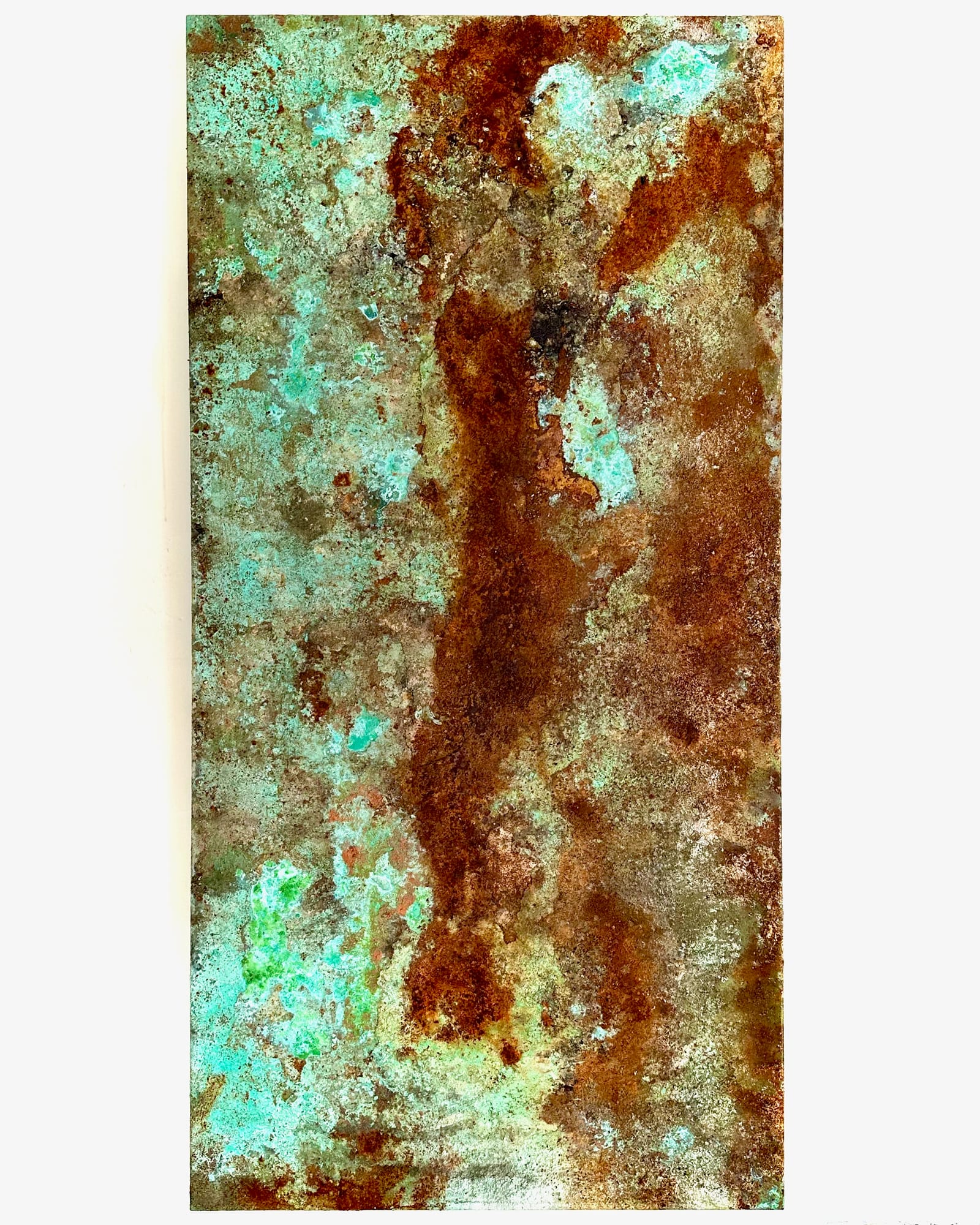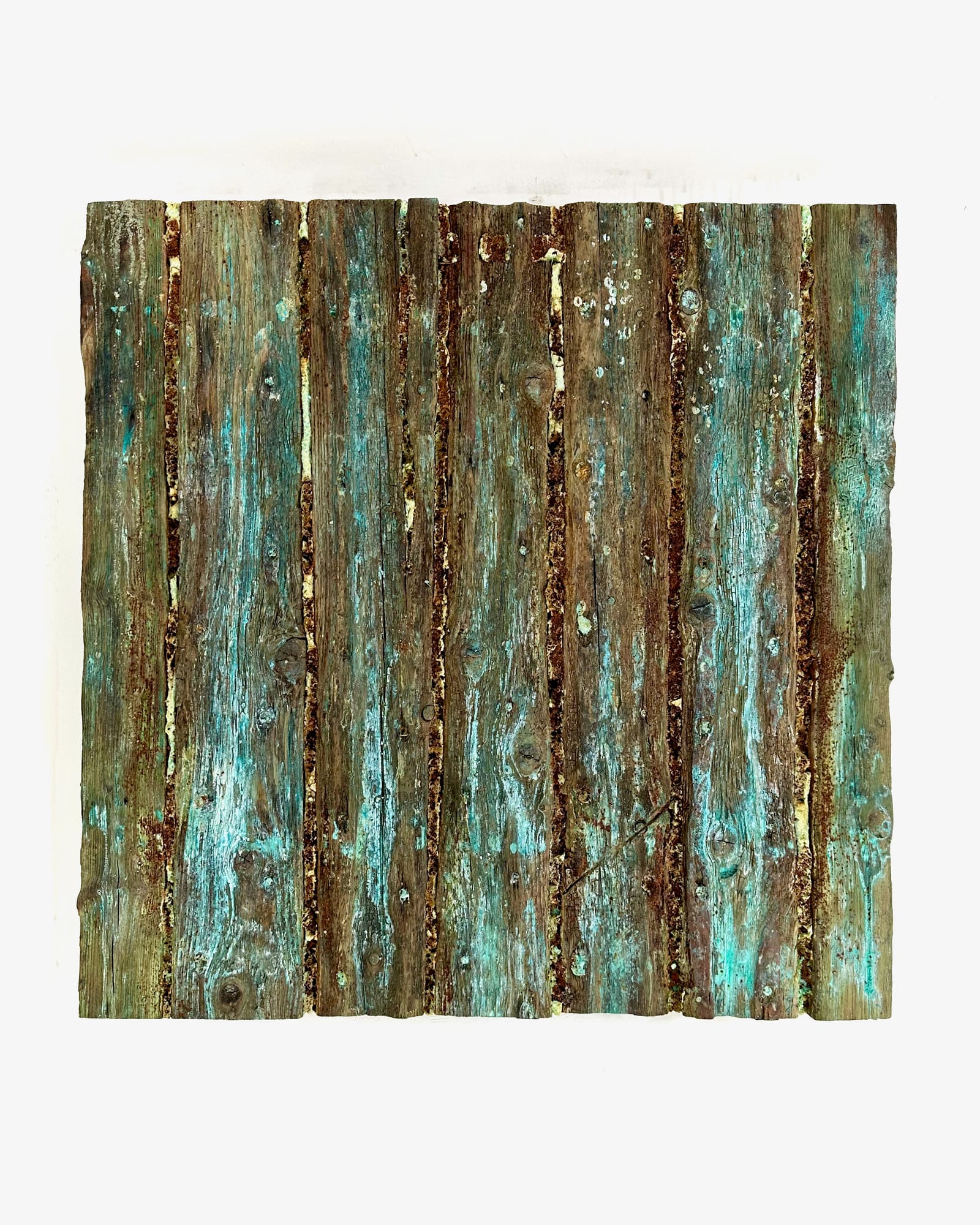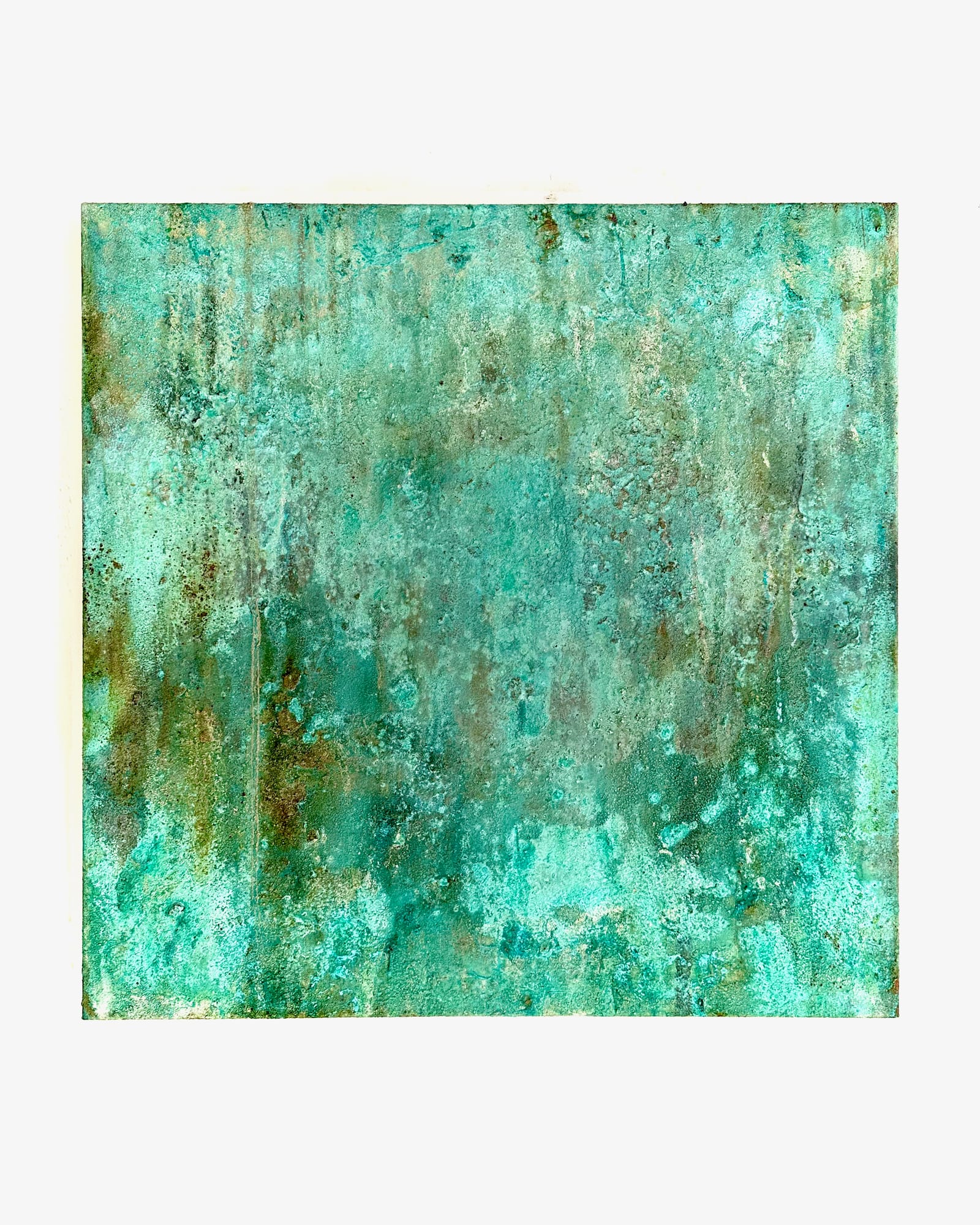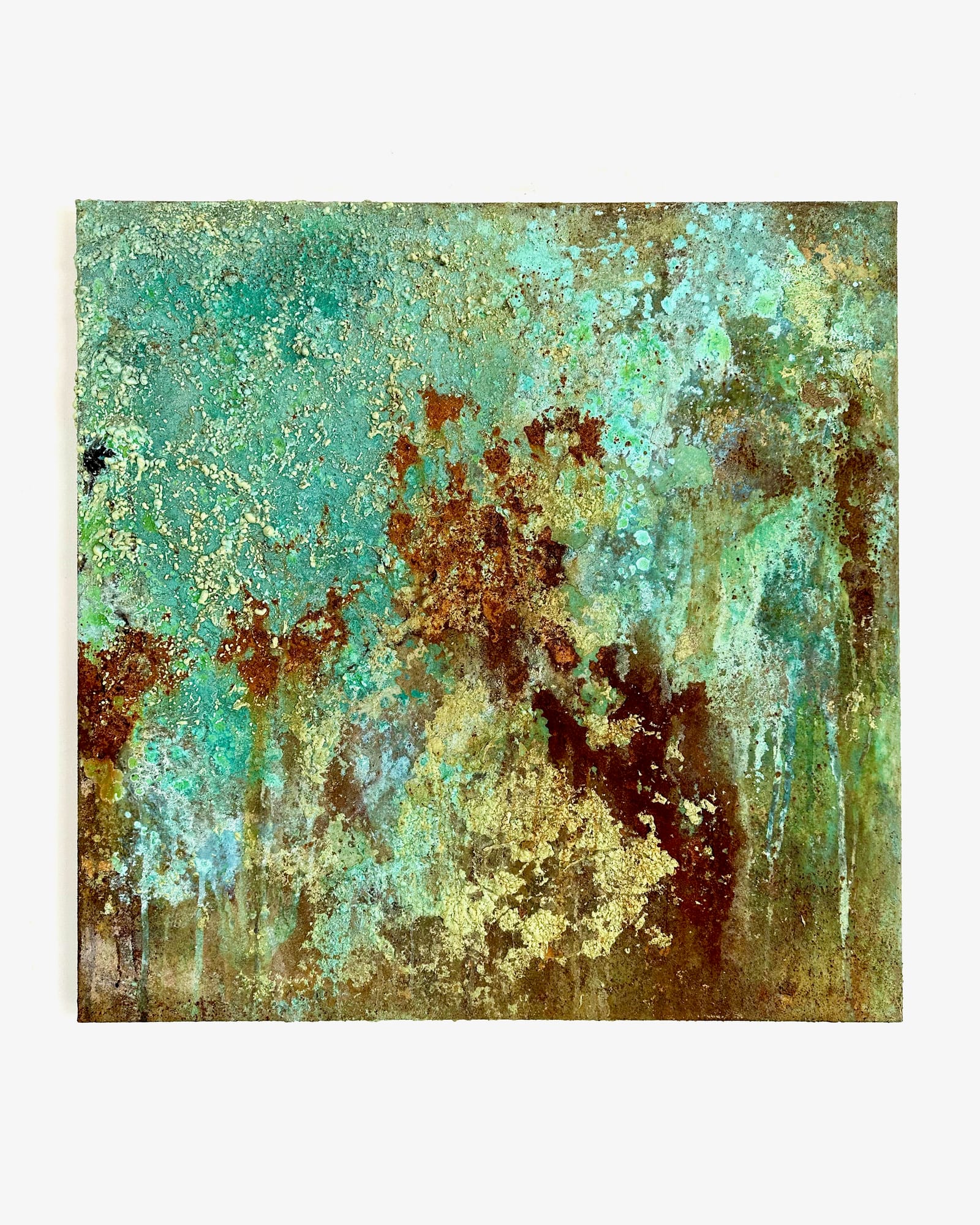Of course, there are days when you don't feel like it and find it difficult to get started. But once you get used to having it with you in your bag, it doesn't take a lot of willpower to sit down and get your head down on the paper. If it's hard to stay on track with the big, chrome-plated writing project—the blog, the reflective essays, the big contemporary novel, or whatever it is you're working on—free writing in the notebook is surprisingly easy to go to.
But why—you might ask—not just use my MacBook? Fair enough to make writing a daily habit and get various demons out of the system and onto paper. But why partout analog? Why bother with something as old-school passé as writing by hand? Isn't that just a semi-smart hipster move? Another retrospective, half-ironic statement tailor-made for Instagram?
Personally I started cultivating writing in the autumn of 2015, around the time when the flow of refugees up through Europe culminated. I had, I think, a tenuous faith that everything then would not feel quite so hopeless; that maybe I could get rid of the feeling of thrashing around in a duvet without ever being able to cope with the crazy world.
Let me just spoil the plot and reveal that it worked: Quite quickly, I actually saw my small, daily scribblings making me much calmer and mere content. Best as I had gone and buried myself in a dark hole, just by writing a series of letters, like another drone I was able to rise into the air at zero point five; see it all from above.
Since then, I've written about everything from (hopeless) business strategy and money, to straightening teeth, raising a family, everyday life, and the creative process. What can best be described as a kind of ongoing, internal audit. When one leather-bound notebook has been filled, I've started the next one. Although most of it is a mess, I always find an unexpected nugget or 3 when I occasionally flip through for a record I can't quite remember.
The notebook is a particularly good medium if I—and yes, for one reason or another it happens on a regular basis—have gone mad.
Where others might count to ten, take an extra deep breath, or simply switch off and blurt out the emotions from their body or bile onto Facebook, the solution for me is to get the entire series of associations scribbled down on paper. Always by hand, and most often at a pace that makes the writing close to illegible.
In this way, writing itself becomes an exercise in putting the emotions out at a distance and considering them as what they really are: fleeting and beyond educational reach.
To hell with the rest of the world and all its madness, if only you yourself are somewhat balanced. The writing process puts things into perspective and enables you to see beyond the little things that otherwise all too easily risk ruining (not just your mood, but) your life.
But why—you might ask—not just use my MacBook? Fair enough to make writing a daily habit and get various demons out of the system and onto paper. But why partout analog? Why bother with something as old-school passé as writing by hand? Isn't that just a semi-smart hipster move? Another retrospective, half-ironic statement tailor-made for Instagram?
I don't want to be smart about other people's writing process. But for my own part, to the extent that I write digitally I find it incredibly difficult to write in one forward flow.
On the keyboard or phone I usually end up editing at least as much as I write. Just because it's so easy, I end up correcting and rewriting every sentence 2, if not 4 or 8 times before moving on to the next. It gives a nicer language and a far more understandable text, but it also means that something else and more alive is invariably lost.
On the other hand writing by hand makes correcting and editing cumbersome. You can no longer just press backspace and correct the text.
Of course, I also change the texts in the notebook. But I don't do it until later—in the second round—and the more I cross out, the more I also have to embrace my own imperfect self.
If you write by hand, you have to recognize that mistakes and incomprehensible sentences are part of the game. Shit hits the paper and becomes an invaluable part of the process.
The notebook is thus not about linguistic aesthetics, but about writing itself. The process. And when it really works the words flow in one long, steady stream and often with surprising and completely unexpected turns along the way.
You could call the pen and the notebook an immediate, bodily extension of the arm and argue that precisely the lack of technology makes the written word more organic and alive. Or you could (rightly?) claim that it is not the technology that makes the difference at all, but only the discipline of the writer, or lack thereof.
I don't know for sure. I just know that the notebook works for me.
I recommend you try it and judge for yourself.







